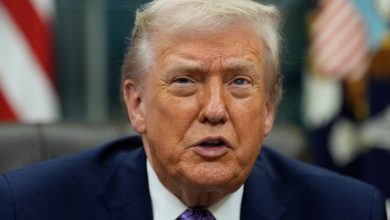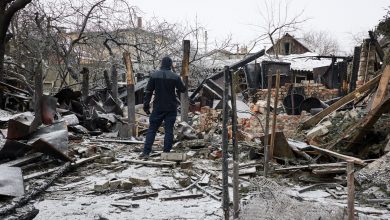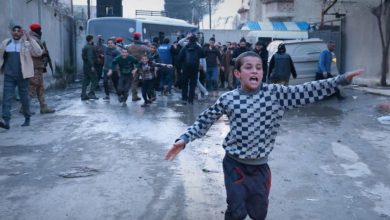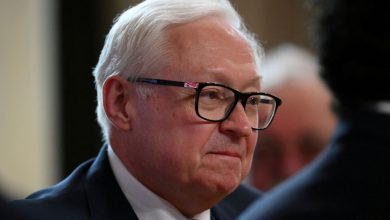A top United Nations official has criticized the recently concluded COP30 climate conference in Brazil, labeling its outcomes as “weak” and warning of potential future condemnation for global leaders’ inaction on climate change.
Volker Türk, the UN High Commissioner for Human Rights, expressed his concerns during the UN Forum on Business and Human Rights in Geneva. He stated that the perceived shortcomings of COP30, held in Belém, Brazil, highlight the power imbalances that exacerbate the climate emergency.
“The fossil fuel sector reaps enormous profits while devastating some of the world’s poorest communities and nations,” Türk stated. He emphasized the critical need for accountability for those responsible for climate-related injustices and damages.
Türk referenced a recent ruling by the International Court of Justice, which mandates governments to prevent significant harm to the climate, including through the regulation of corporate activities. He also noted that the American Court of Human Rights has recognized the right to a stable climate, urging countries to ensure corporations take preventative measures and provide compensation for climate-related damages.
“I often wonder how future generations will judge the actions, or deadly inaction, of our leaders in the face of the climate crisis in fifty or one hundred years,” Türk questioned. He raised the specter of future generations potentially viewing insufficient action as “ecocide or even a crime against humanity.”
The High Commissioner’s remarks underscore growing concerns about the effectiveness of international climate negotiations and the urgent need for more decisive action to address the climate crisis. The pressure is mounting on governments and corporations alike to implement meaningful changes and mitigate the devastating impacts of climate change on vulnerable populations and the planet.




